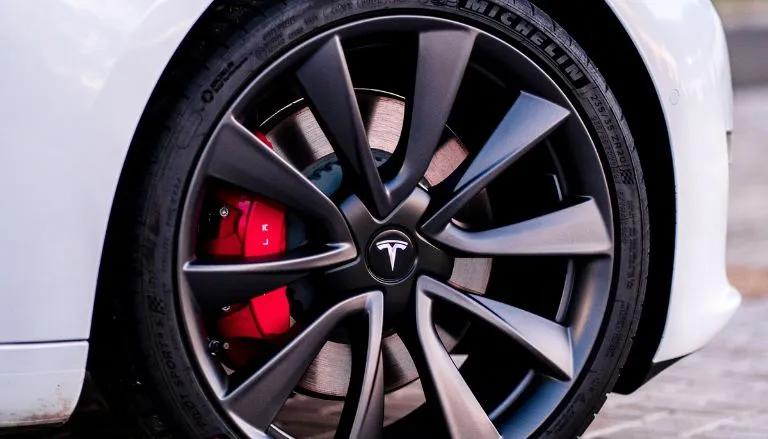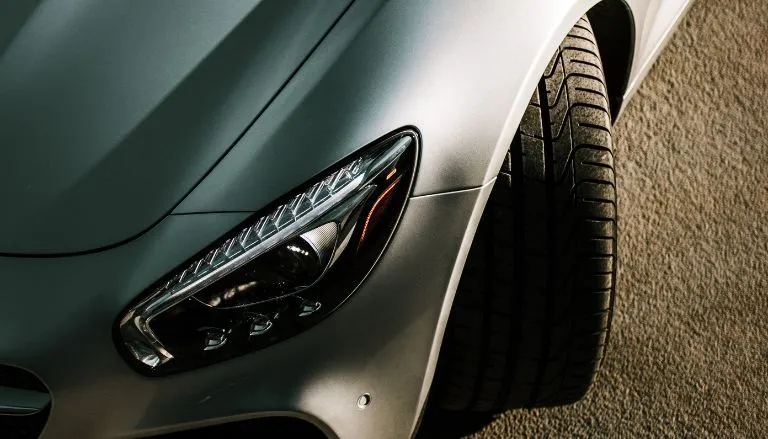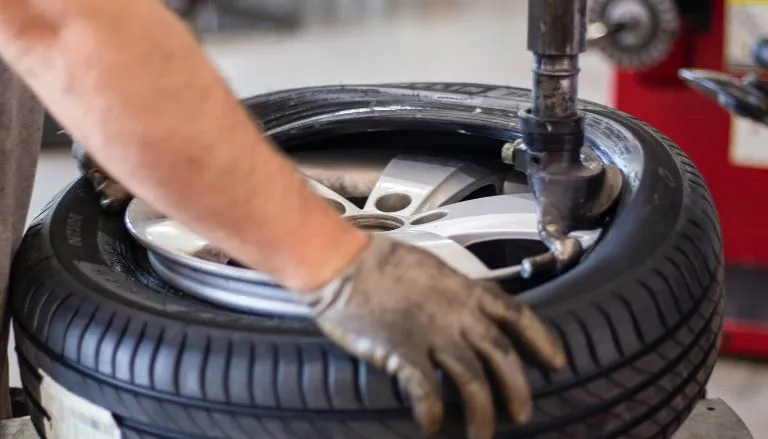It’s no secret that tires are one of the most important investments you can make for a vehicle. After all, they’re the one thing that connects your car with the road.
What some believe to be a simplistic rubber ring is actually a complex, intricately designed piece of equipment that can save you money on fuel, improve your ride quality and most importantly keep you and your passengers safe – come rain or shine.
With this in mind, does it matter which tire brand you buy for your car? Let’s find out.

Does it matter which brand of tires I buy?
Yes, the brand of tires you buy makes a difference in terms of quality, performance, and reliability. More expensive tires will generally possess better performance characteristics and build quality, while less costly tires may use cheaper materials which result in a harsher ride and reduced durability.
Reputable tire brands will invest lots of money into researching and developing better tire performance. They will also put their tires through rigorous testing and quality control. This is part of the reason why their tires come with a higher price tag.
Also, well-known tire brands like Michelin, Bridgestone and Goodyear can command a higher price due to their brand reputation and expertise in the industry.
On the other end of the scale, there are the budget tire manufacturers. For many, a budget tire offers a cost-effective way to get from A to B if money is tight. However, taking the low-cost route might mean sacrifices to handling and long-term reliability.

Are budget tires unsafe?
Not at all. All tires will have to comply with testing and safety regulations to be available on the market. However, a budget tire may not last as long or offer the performance benefits of a premium tire.
You might want to purchase budget tires if:
- You can’t afford premium tires
- You don’t drive often
- You only make short trips in your vehicle
- The tires are for a secondary or temporary vehicle you own
As always, it’s a good idea to do your research and read some reviews before opting to purchase a budget brand tire. Each and every tire holds unique characteristics, and there’s no guarantee of how it might perform on your make and model of vehicle.
If you make longer trips or value the handling and performance aspects of owning a vehicle, consider opting for a more premium tire.
Are premium tires worth buying?
Yes, if they fit your budget. Premium tires will offer superior performance, enhanced reliability and better ride comfort when compared to their budget counterparts.
This is especially the case if you own a sports or high-performance vehicle. Premium tires will allow your vehicle to reach its maximum potential in terms of handling, performance, fuel efficiency and ride quality.
When your car first left the factory, it most likely had premium tires on all four corners. There is a good reason for this! It means that the manufacturer deemed the vehicle to be at its best with those tires.
Benefits of premium tires include:
- Better ride comfort and noise reduction
- Superior performance and handling
- Enhanced traction and grip
- Improved safety through better materials, stopping distances etc.
- More comprehensive warranties
It really can be a night and day difference between budget and premium tires. As always, be sure to check out the reviews for premium tires you are considering purchasing so you can know what to expect.

Premium tire brands and budget tire brands
So, you’re looking into purchasing new tires and you want to know which brands are considered premium (or performance) and which brands are budget. Here’s the lowdown.
Premium tire brands include:
Budget tire brands include:
While by no means is this an exhaustive list of tire brands on either side of the spectrum, it’s a great place to start when considering which tires to purchase for your vehicle.
So, how long do cheap tires last?
The lifespan of a cheaper tire depends on many factors: driving conditions, driving habits and how well-maintained your car is, to name a few. In any case, you should consider swapping out cheaper tires when they are 5 to 6 years old.
Cheaper tires are prone to needing replacement sooner than premium tires, due to the quality of materials used. No matter how cheap or expensive your tires are, it’s always a good idea to conduct regular checks of your tires. Look out for bulges, gouges, slow punctures and cracking on the sidewalls.
Any of the above symptoms can suggest that the tire is compromised, and possibly unsafe to drive on. If you’re ever unsure, send some pictures of your tires over to a local mechanic.
It really is in the best interest of you and your passengers to maintain healthy tires on your vehicle!
Summary
I really hope this guide has helped you to make an informed decision on which type of tire is best suited to you. Remember, all tires available from reputable dealers, auto shops and garages will have undergone strict testing to meet safety regulations.
Think of buying premium tires as having the cherry on top of the cake: offering extra benefits like enhanced performance, better fuel economy and reduced road noise.
But if you simply need something to get you from A to B in a pinch, there’s nothing wrong with a budget tire to see you through.
Have any questions about this topic? Let me know below and I’ll get back to you as soon as I can!